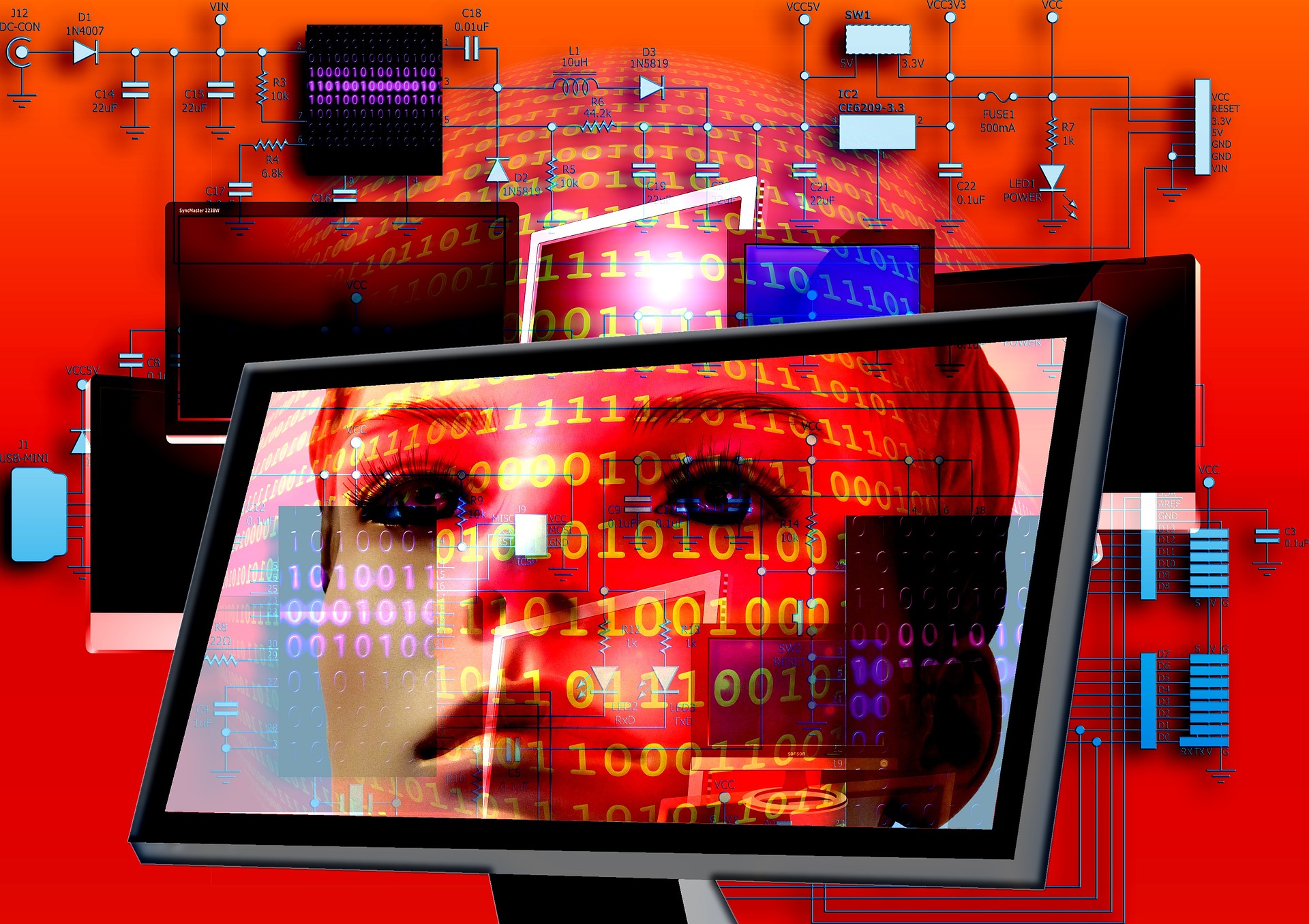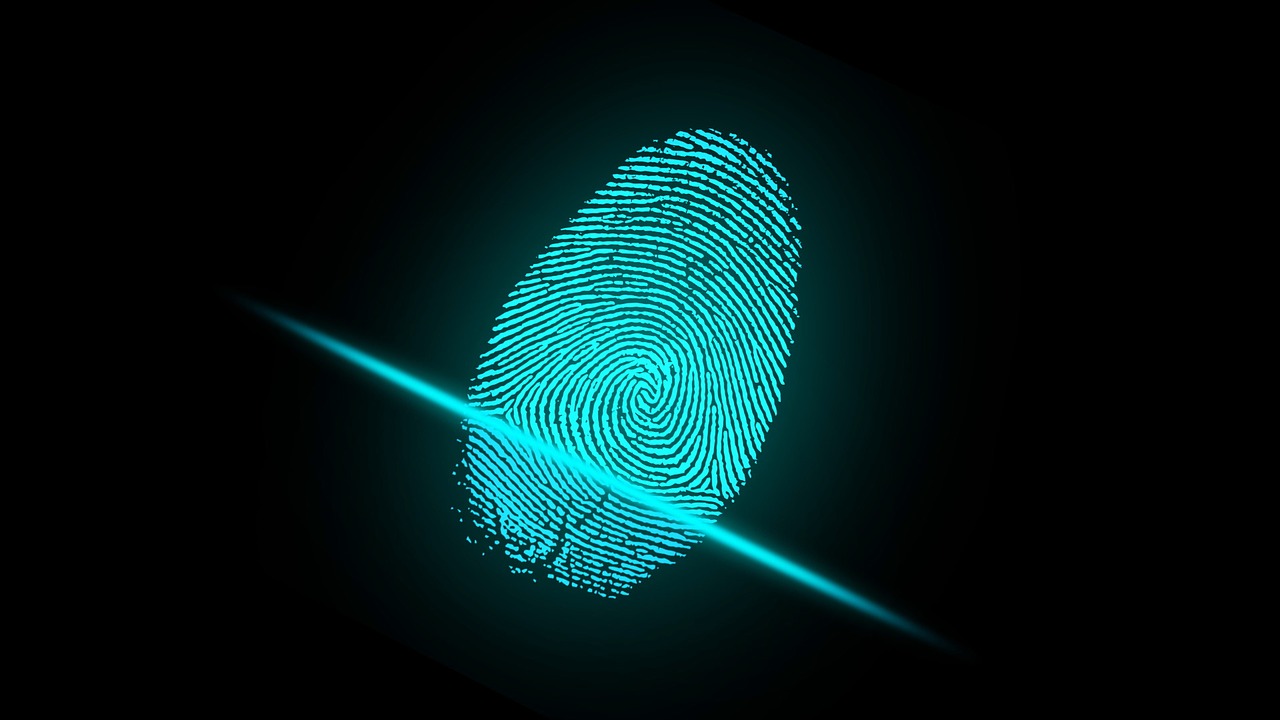Latest blog articles
-
Trademark squatting has been a serious issue in China now, especially for foreign companies planning to enter the Chinese market. On November 4th 2019, Beijing Municipal High People's Court issued a second-instance judgment on the “MUJI trademark infringement case”, which rejected the appeal brought...
-
With AI’s recent breakthrough in machine learning, now more than ever inventors are looking for ways to protect AI systems. But obtaining patent protection depends on the right claims.
-
A new copyright reform (Music Modernization Act) was passed in the US Senate in 2018, comprising reforms on the term of protection for works played through online digital music services such as Spotify, Apple Music and Pandora. However, can copyright keep on being repeatedly extended? Is this...
-
E-personhood is a term proposed in a draft report by the EU Parliament, about civil rules and laws on Robotics. This legal status aims at ensuring rights and responsibilities for the most capable AI agents. An intense debate about its usefulness is taking place in the EU.
-
The advancement of big data may lead to a revolution in the health sector by enabling the personalization of medicine. However, there are still uncertainties regarding the ownership of the data available, and also whether users should be entitled to compensation for the utilisation of their data.
-
The recent cancellation decision of the word mark “BigMac” by the EUIPO Cancellation Division has raised several questions: is use of a trade mark on a website sufficient to fulfil the requirement of making genuine use of the mark? Or is evidence of sales required?
-
With the development of international trade, local products have started to spread all around the world and become popular worldwide. Geographical indications (GIs) are meant to protect the use of the name that indicates certain characteristics and the origin of products typical for a particular...
-
Artificial Intelligence has become a key player in today's society, especially with regards to technological and medical advances. However the question is, has the current patent system been able to provide suitable protection for inventions relying on Artificial Intelligence without human input?
-
The need to guarantee the free flow of information in a Big Data economy forces us to re-think Intellectual Property Rights and find an appropriate balance between competition, innovation, privacy and incentives.
-
The music industry is currently on a peak mainly because of the huge boost of on-demand streaming. How did such a service manage to increase global music revenue on such a fast path? What were the circumstances facilitating its implementation?









